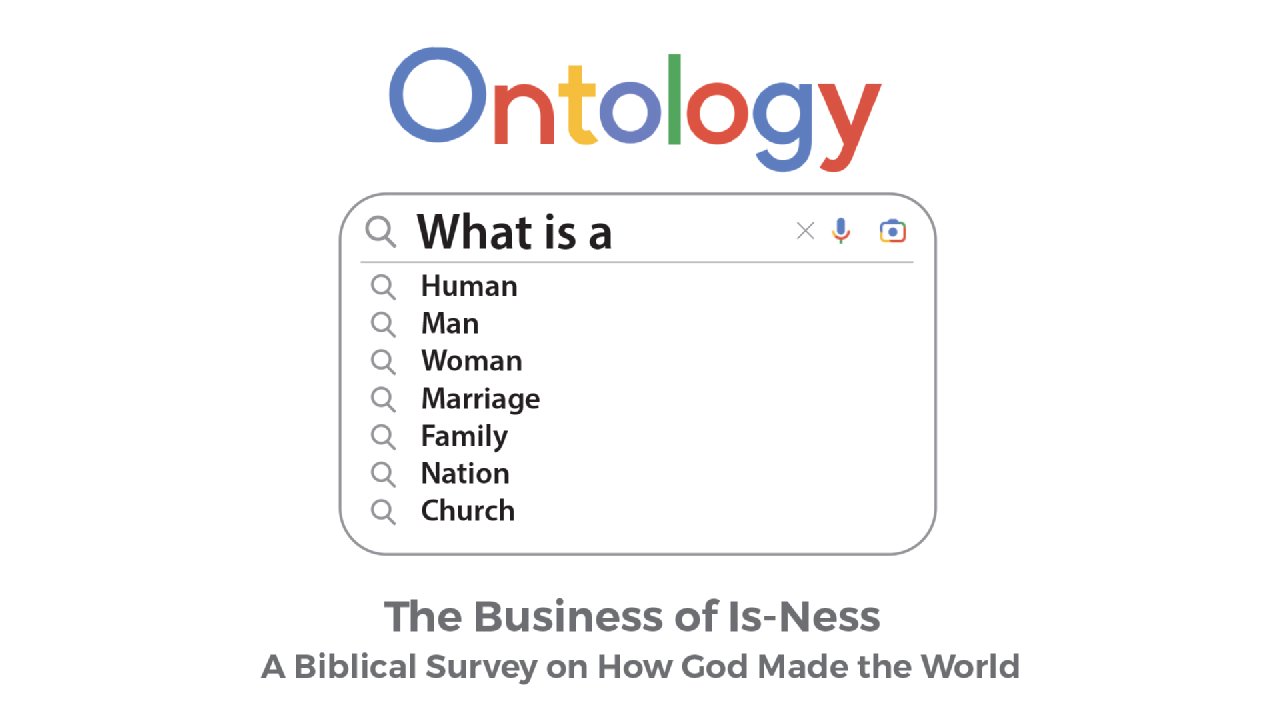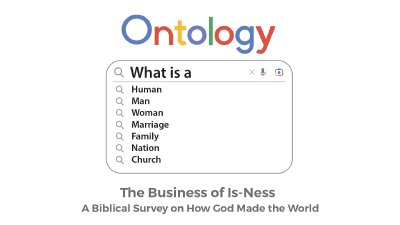Sermon Introduction
Go, therefore, into all the earth and make disciples of all nations.
In Matthew 28:19, Jesus gives what we call The Great Commission. In the closing scene of the first Gospel, Matthew records Jesus's final words to his disciples. As Matthew tells it, Jesus commands his disciples to go make more disciples. And when these disciples are made, by preaching the gospel of the kingdom to the whole world (Matt. 24:14), these converts to Christ are to be baptized and taught all that Christ commanded.
Significantly, however, Jesus does not simply give a command “to make disciples"; he gives a command based upon the newfound authority he has received from the Father. This is why the Great Commission begins with the word “therefore.” Indeed, only after his perfect obedience on the cross, can the resurrected God-man send his disciples into the world with the message of the gospel; only after he has received authority over all nations can the mission go from Jerusalem to Juneau, AK. And importantly, this authority is royal authority which begins to identify the nature of the church as a royal assembly of God’s New Covenant people.
Indeed, for all that The Great Commission does in telling the church what to do, it also tells us what the church is. And this Sunday, that is the last question to answer in our series on ontology, what we have called "The Business of Is-ness." Over the last 8 weeks, we have attempted to discern what God says about various aspects of creation (e.g. humanity, the human body, men and women, marriage, etc.), but this Sunday, we respond to all these aspects of creation with the message of the new creation and the people formed by Christ’s resurrection—namely, the church of Jesus Christ.
Indeed, to all the problems we have addressed over this series, to all the intractable complications that we have highlighted, the answer to those problems is not simply trying to go back in time and make the world a better place. Rather, our hope goes in the other direction, where the new creation brought by Christ is the solution to the problems of this creation.
Even as we must know something of the way God made the world, we also need to know how God has begun to effect his new creation in the world. And thus, in our final sermon in this series, we will look at the new creation reality of the church. We will attempt to answer the question: What is the Church? And by answering this question, it should help us to see a clear path forward in a world filled with dead ends—figuratively and literally speaking.
So to prepare for Sunday, re-read Matthew 28:16-20. For background, read Daniel 7:13–14; 2 Chronicles 36:23–24; and Joshua 14:6–15. Each of these Old Testament passages plays a role in understanding Matthew 28:19-20, which in turn informs our understanding of the church today.
Additionally, if you are able, be sure to join us for Sunday School, where I will take some time to apply the Sunday School lesson to the sermon series and answer questions from some of the last few messages. Questions like: What does the pastor think about women voting? (Hint: Wendy and I voted on Tuesday 😀)
I am deeply thankful for the feedback I have received on this sermon series. And I am grateful to God for a church that loves to press into the Word of God and applies it to all of life. Bereans make the best kind of Christians, and our church is filled with such Bereans. To God be the glory!
As we approach Sunday, let us pray that God would give us a greater confidence in the work he is doing in his church today. And let us pray for God to continue manifesting his presence among us, as we gather on Sunday.
As the Lord wills, I look forward to seeing you on Sunday.
As a reminder, the River Ridge Community Group is in overflow this Sunday.
For His Glory and your joy in Christ,
Pastor David
------------------------------------------------------------------------------------------------
Discussion & Response Questions
What is the Church?
1. What has been most influential in your understanding of the church? What time have you spent studying the doctrine of the church in Scripture?
2. Why should churches teach about the church? What happens when someone seeks a church without knowing what a church should be?
3. The church is one, holy, catholic (universal), apostolic: What are the strengths and weaknesses of this definition?
4. What are the key metaphors in Scripture that identify the church? What do these reveal?
5. Why is it important to see the church in royal terms? Hint: Read Matthew 24:14; Acts 8:12; Acts 28:30–31.
6. What is the relationship between the universal church and the local church? How does Matthew’s Gospel relate the two (read Matthew 16:18 and Matthew 18:15–20).
7. Is the Great Commission for individuals or the church? The universal church or local churches? What difference does this make?
8. What do we learn about the nature of the church in the Great Commission? How does a church covenant help us be the church?
9. What is the chief mission of the gathered church? What are Christians called to / free to do when they enter the world?
10. How does a proper understanding of the church help us address all the other issues we have seen in this sermon series?
11. What is most encouraging or challenging about being the church? What can you do to reinforce the nature of your local church? In reverse, what are you doing to “de-nature” the local church?






